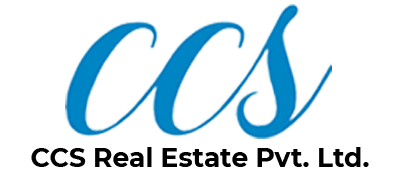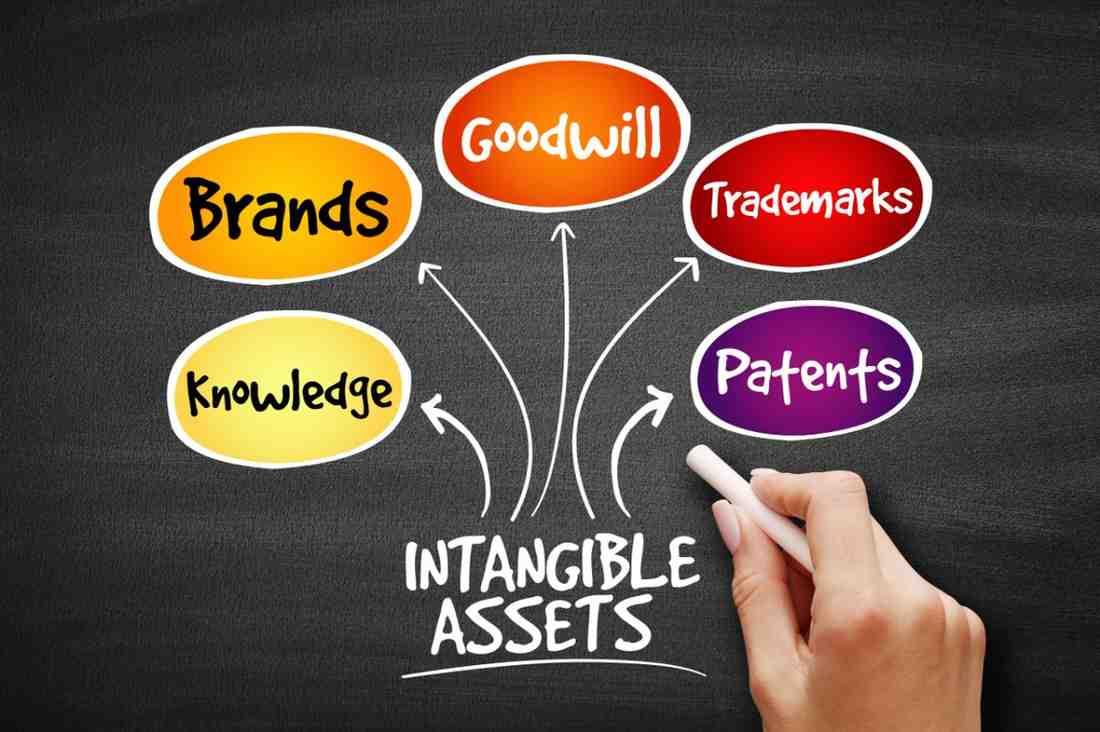Purchasing a home is a significant milestone, and securing a home loan is crucial to making it happen.
-min.png)
Understanding Home Loans for New Homebuyers
Before applying for a home loan, it's essential to understand the various types of home loans and determine which one is best for you. Remember, the interest rates you're offered can greatly influence the total cost of your loan, so it's crucial to be mindful of them.
Fixed-Rate Mortgages
With a fixed interest rate loan, the interest rate stays the same for the entire loan duration.
Offers predictability with stable monthly payments, making budgeting easier.
Ideal for those who prefer stability and plan to stay in their home long-term.
Adjustable-Rate Mortgages (ARM)
After an initial fixed period, the interest rate for this loan can change periodically, based on market factors and other considerations.
Initial rates are often lower than fixed-rate mortgages but can increase over time.
Suitable for those comfortable with potential rate fluctuations and short to medium-term homeownership plans.
Government-Backed Loans (FHA, VA, USDA)
FHA Loans (Federal Housing Administration):
Specially made for those embarking on their first homeownership journey or those with credit scores in need of a boost.
Requires a lower down payment, making homeownership more accessible.
VA Loans (Department of Veterans Affairs)
Exclusive to eligible veterans and their families.
Typically offers favorable terms, including no or low-down payment options.
USDA Loans (United States Department of Agriculture)
Designed for homebuyers in rural or underdeveloped areas.
Low-interest rates and low down payment options make this an attractive choice for aspiring homebuyers.
Rates of Interest for Home Loans
Interest rates are a critical factor in determining how much you'll pay in interest over the life of your home loan. Lower interest rates typically mean lower monthly payments and less paid over the life of the loan. Fixed-rate mortgages provide stability with a constant interest rate, while adjustable-rate mortgages may experience rate changes, affecting monthly payments. Understanding the relationship between interest rates and your loan is crucial for making informed decisions throughout the home-buying process, from application to pre-approval.
Applying for a Home Loan Made Easy: A Step-by-Step Guide
Here are the key aspects you need to know
Step 1: Application
Fill out the application form for your chosen lender with essential details such as name, contact information, postal code, and employment type.
Step 2: Submitting Required Documentation
Submit necessary documents as outlined by the lender, typically including income verification, employment history, credit reports, and property details.
Step 3: Document Processing and Verification
The lender processes and verifies your documents, including contacting your workplace or relevant organizations to confirm employment or occupation.
Step 4: Sanction Letter
Upon document verification, you will receive a sanction letter detailing the loan amount, interest rate, type of interest (fixed or variable), and repayment tenor. In order to accept the offer,sign and return a copy.
Step 5: Secure Fee Payment
A secure fee must be paid to the lender after executing the sanction letter as a part of the home loan process.
Step 6: Legal and Technical Check
The lender conducts legal and technical checks, including on-site property inspections by representatives.
Step 7: Loan Agreement and Issuance
After all checks are completed, you will receive the final agreement, and the home loan amount will be issued according to the agreed terms.
Documentation Needed for a Home Loan
Gathering the necessary documents is crucial for a seamless home loan application process. Here are the typical requirements:
KYC Documents (Any One)
Passport
Driving License
Aadhaar Card
Voter ID card
Employee ID Card
For verification, provide your official employee identification card.
Salary Slips
Include salary slips from the past two months.
Bank Account Statements
For salaried individuals: Last three months.
For self-employed individuals: Last six months.
Proof of Business (For Businessmen/Self-Employed)
Documents demonstrating a minimum of five years of business or self-employment.
Property Documents
Include all necessary paperwork related to the property intended for mortgage, such as property deeds, tax records, and any existing mortgage details.
Selecting the Appropriate Lender
Selecting the right lender is a critical step in securing a home loan.Opting for a reputable lender with favorable terms, reasonable interest rates, and transparent fees ensures a smoother borrowing experience and long-term affordability. Consider these crucial factors when selecting the right lender for you.
Research and Compare Lenders
Before making a decision, conduct thorough research on different types of lenders such as banks, credit unions, and mortgage companies.
Compare their reputation, customer reviews, and track record in the home loan industry.
Understand Loan Terms and Conditions
Carefully examine the terms and conditions associated with the loan options offered by various lenders.
Pay close attention to loan duration, repayment terms, and any associated penalties or fees.
Explore Interest Rates and Fees
Compare the interest rates offered by different lenders to secure the best terms.
Consider all associated fees, including origination fees, closing costs, and other charges that may impact the overall cost of the loan.
Mistakes to Be Mindful of When Applying for a Home Loan
Empower your home-buying journey by avoiding common pitfalls
Recognize and Address Potential Challenges
Be vigilant about low credit scores, inconsistent income, or high debt levels.
Improve your financial standing and seek professional advice if needed.
Avoid Large Purchases or Additional Debt
Refrain from making large purchases or taking on additional debt before or during the loan application process.
Provide Accurate Information
Ensure all information on your application is accurate and complete to prevent delays or complications.
Maintain Open Communication
Communicate openly with your lender, addressing any concerns promptly to maintain a transparent relationship.
Evaluating Your Financial Preparedness
Before applying for a home loan, assess your financial situation thoroughly. Here’s how:
Calculate Your Budget
Income Assessment: Evaluate your total income, including salary, bonuses, and other sources. Understand your monthly take-home pay to establish a realistic budget.
Monthly Expenses
Itemize and analyze your monthly expenditures, including bills, groceries, utilities, and discretionary spending. Identify areas for potential adjustments.
Understand Your Credit Score
Obtain your credit report and address any discrepancies. Recognize that a higher credit score often translates to more favorable loan terms and interest rates.
Consider Your Debt-to-Income Ratio
The ratio of your monthly debt payments to your gross income is referred to as your debt-to-income (DTI) ratio. Lenders often use this ratio to evaluate your financial health and capacity to take on additional debt
conclusion
Understanding how to apply for a home loan involves careful planning and decision-making. From starting the application to finalizing the agreement, thoroughness is crucial at every step. CCS offers a stress-free process with trusted brands and customizable services to make your dream home a reality. Maintain financial discipline, stay updated on market trends, and communicate openly with your lender for a successful home-buying experience. With resilience and proactive measures, you're on track to achieve homeownership with CCS's support.
Frequently Asked Questions (FAQ)
What exactly is a home loan, and how does its functioning operate?
A home loan, also known as a mortgage, is a loan provided by a financial institution to help individuals purchase a home. It works by lending you the money needed to buy a property, which you then repay in monthly installments with interest over a specified period.
What factors should I consider before applying for a home loan?
Before applying for a home loan, consider factors such as your credit score, income stability, debt-to-income ratio, down payment amount, and the type of loan that best suits your financial situation.
What documents do I need to apply for a home loan?
Typically, you'll need documents like proof of identity (ID card, passport), proof of income (pay stubs, tax returns), bank statements, employment verification, and details about the property you intend to purchase.
What are the different types of home loans available?
There are various types of home loans, including fixed-rate mortgages, adjustable-rate mortgages (ARMs), FHA loans, VA loans, USDA loans, and jumbo loans. Depending on your needs and circumstances, there are multiple types of home loans, each offering distinct interest rates, terms, and conditions for eligibility.
What is the pre-approval process for a home loan?
Pre-approval involves a lender evaluating your financial information to determine how much they're willing to lend you for a home purchase. It gives you a better idea of your budget and strengthens your position when making an offer on a property.
What should I avoid doing during the home loan application process?
Avoid making large purchases, taking on new debt, changing jobs, or missing bill payments while applying for a home loan. These actions can negatively impact your creditworthiness and loan approval chances.



































.png)
-min.png)
-min.png)
-min.png)







.png)









